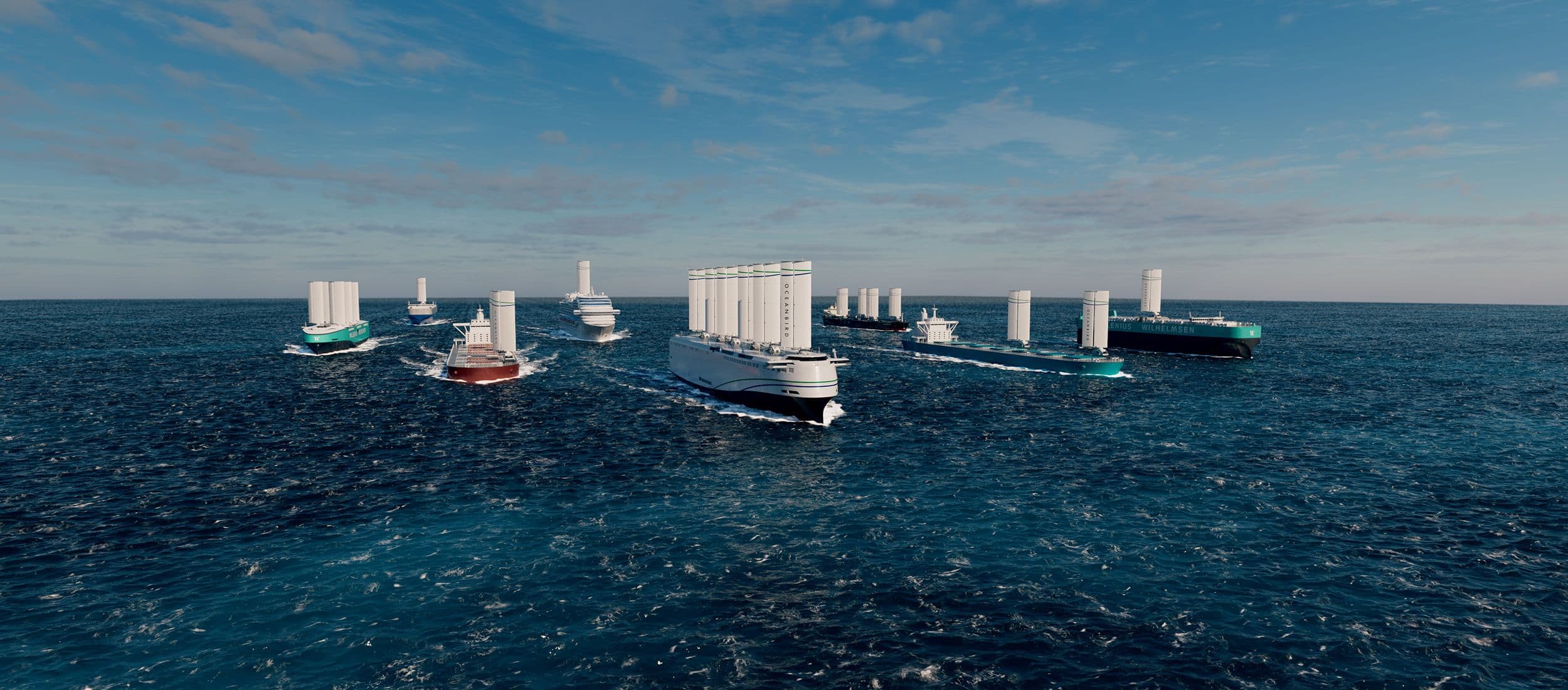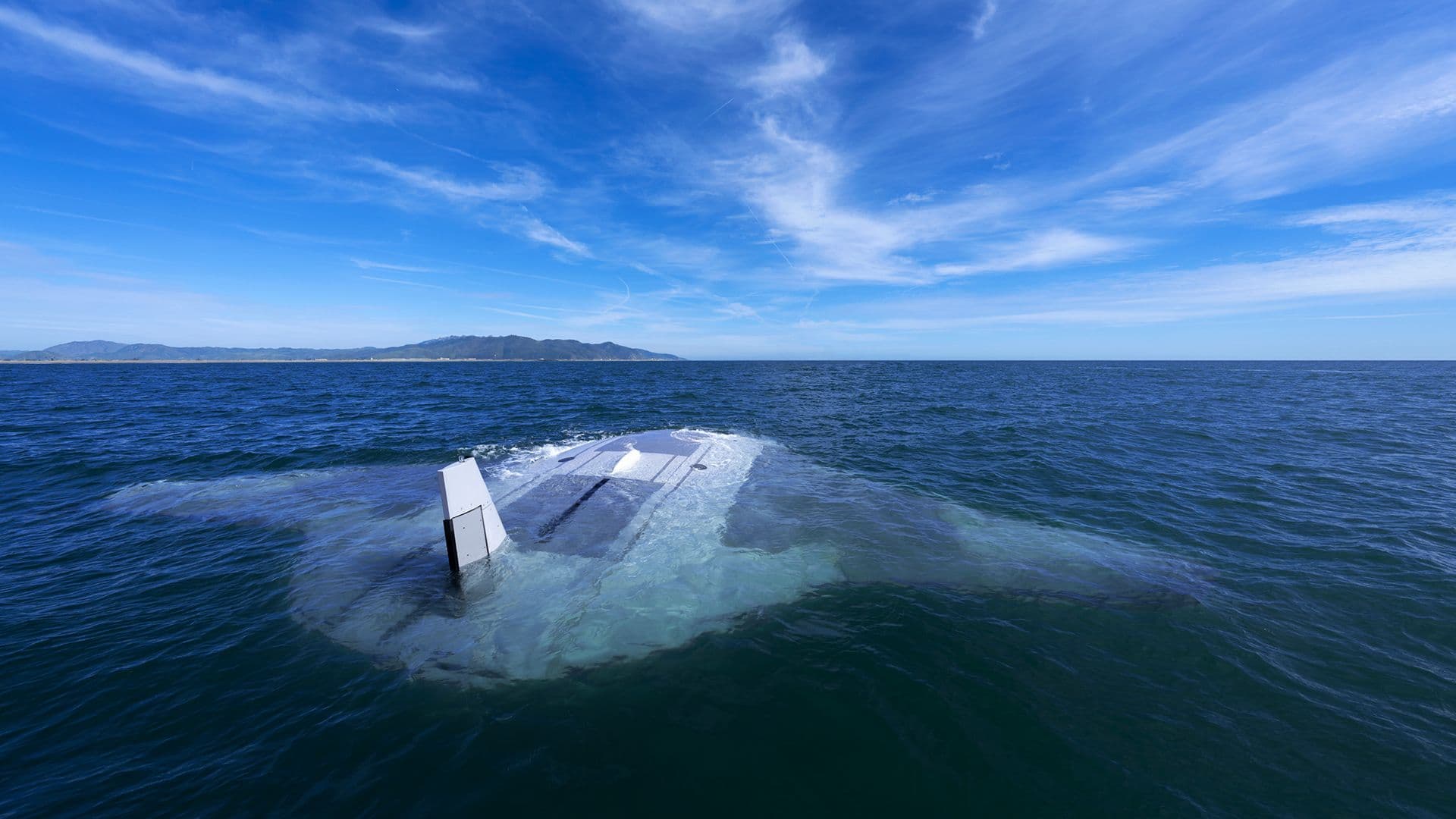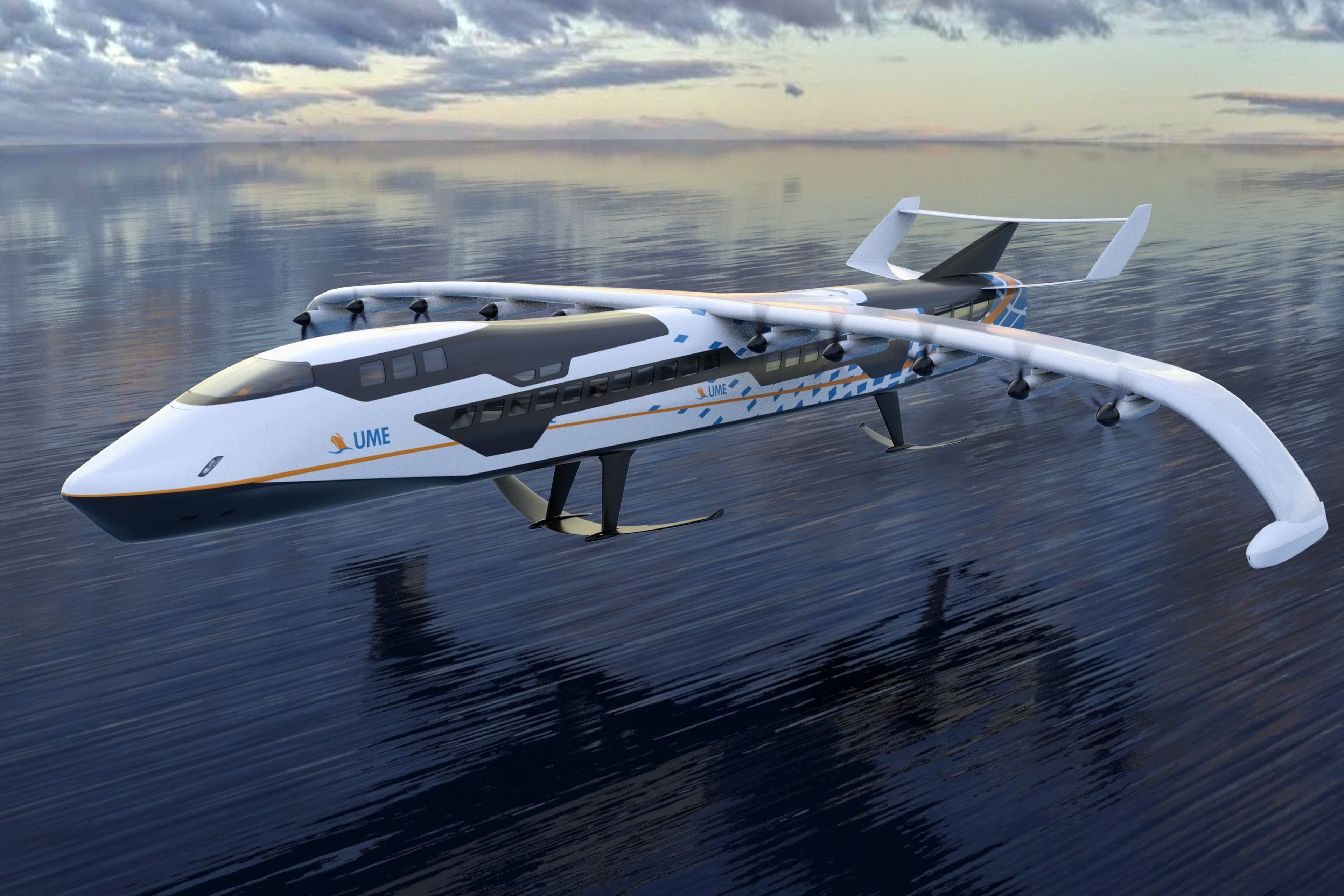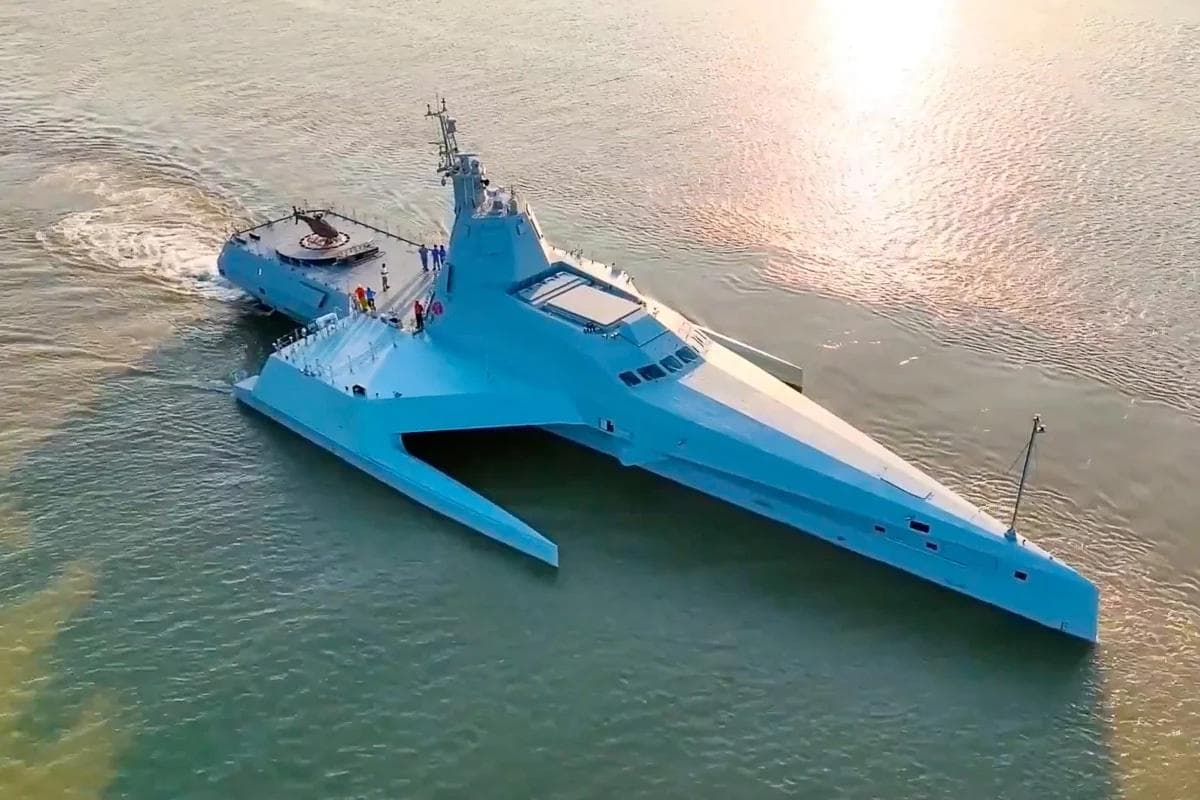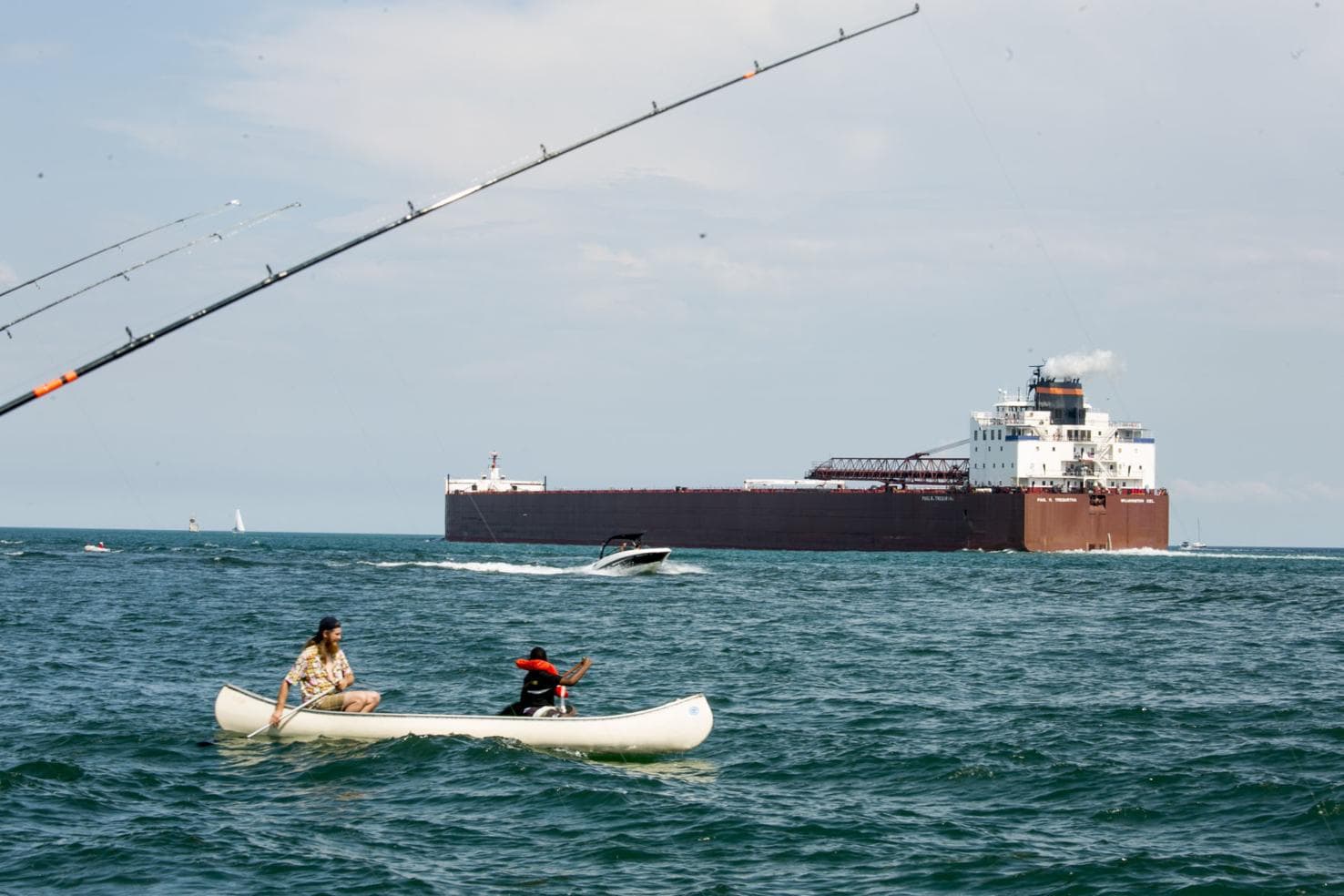Look, saving the planet isn't for the faint-hearted, and when it comes to the high seas, we need every ounce of grit and innovation we can muster. The maritime industry is rising to the challenge with some jaw-dropping tech designed to slash emissions and make our oceans cleaner. Ready to ride the wave? Let's dive into five game-changing innovations plotting a course towards eco-friendly shipping.
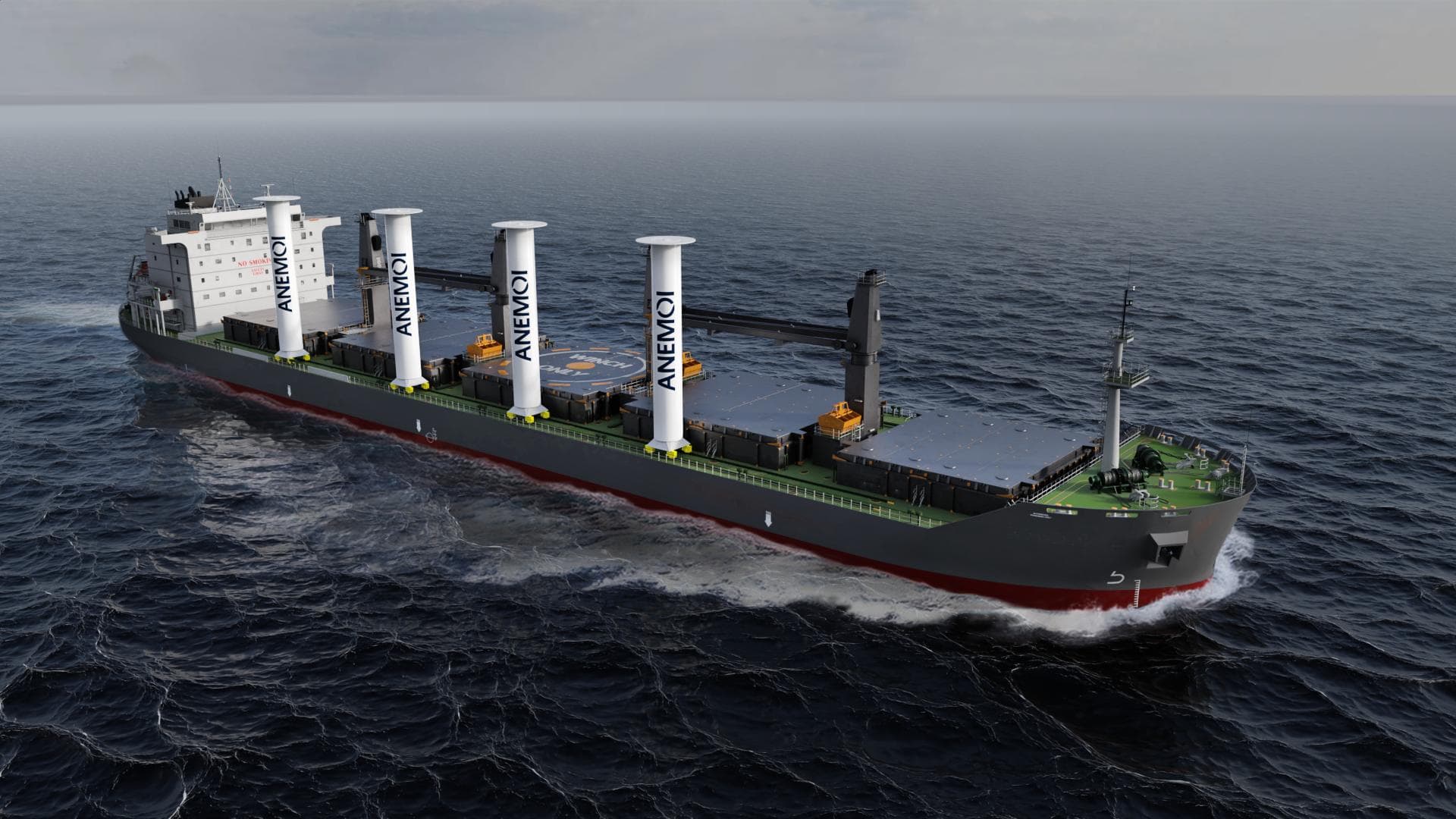
1. Rotor Sails (Flettner Rotors): Spinning Towards Efficiency
What if I told you ships could spin their way to saving fuel? Enter rotor sails or Flettner rotors if you're feeling fancy. These towering, cylindrical bad boys rotate to leverage the Magnus effect – essentially turning wind power into forward thrust. Less fuel burned means fewer emissions.
Example: Check out the MV Afros with Anemoi's rotor sails – it's like a nautical gym rat cutting down on emissions while flexing its muscles on fuel economy. And then there's Enercon's E-Ship 1, flaunting up to 25% fuel savings like it's showing off new ink at the gym. Dive into more details at Anemoi Marine Technologies and the Flettner Rotor's Systematic Study.
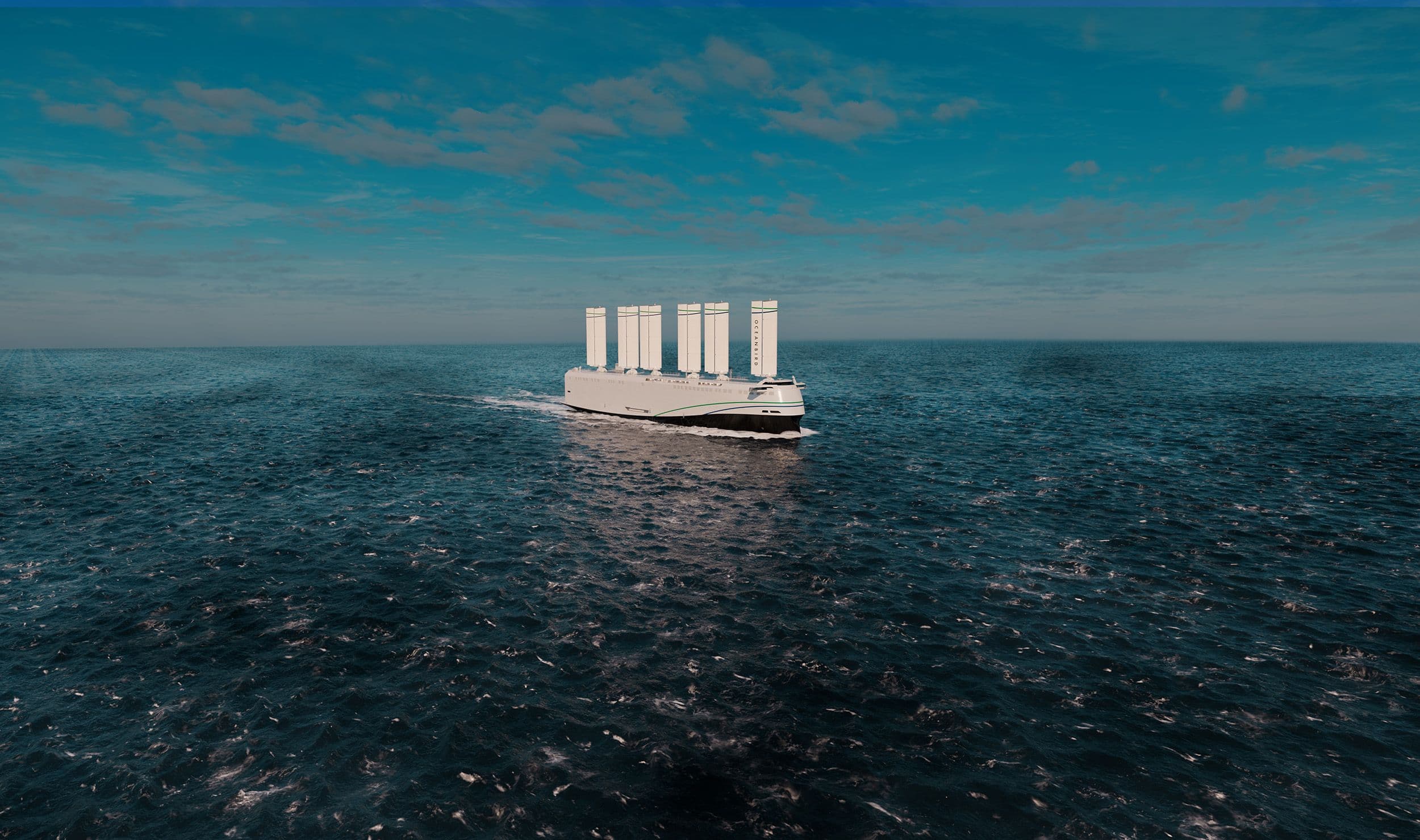
2. Wind-Assisted Propulsion (Wing Sails): Old School Meets High Tech
Forget what you know about traditional sails; wing sails are here to blow your mind. Think rigid, think aerodynamic – these sails capture wind energy like a pro athlete catching a ball mid-air.
Example: Wallenius Marine's Oceanbird concept is not just aiming for change – it's gunning for a revolution with its massive retractable wing sails promising a whopping 90% cut in emissions. Yeah, you heard that correctly – 90%. Check out this futuristic marvel at Oceanbird Project and get your fill at the European Maritime Safety Association study.
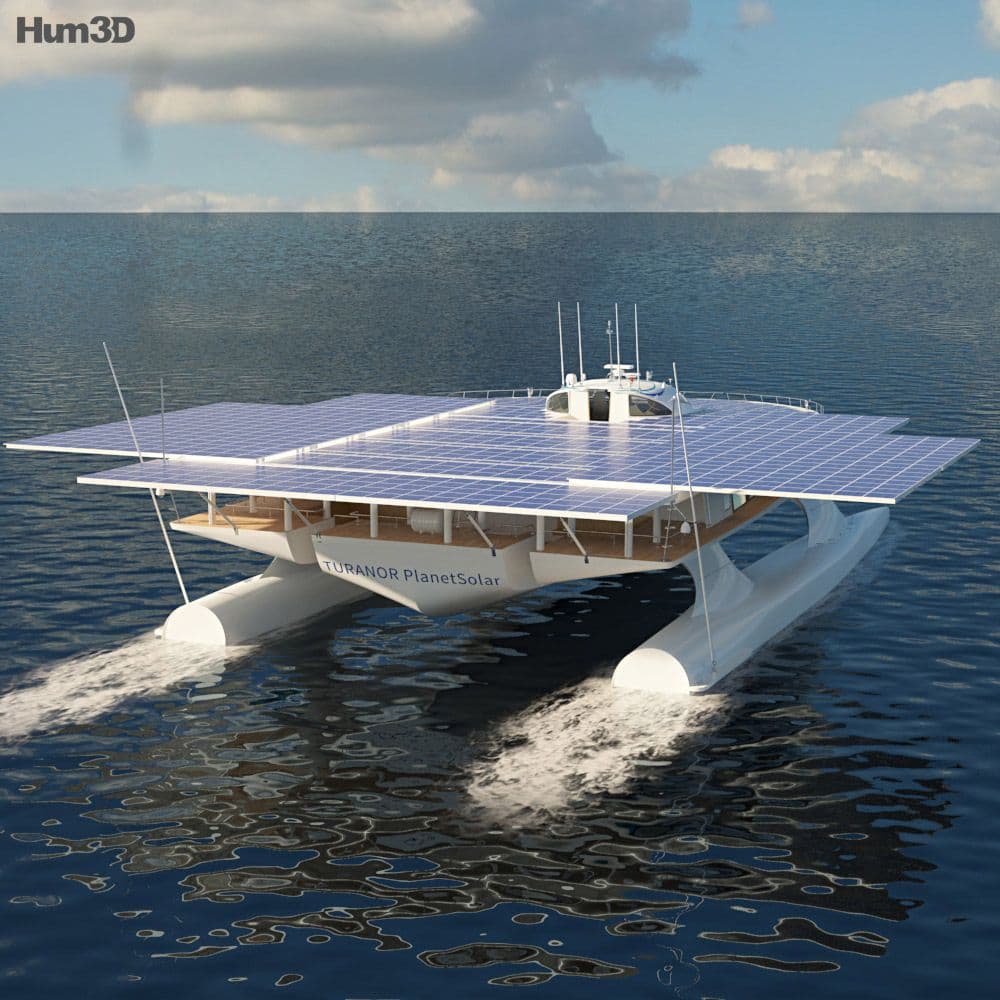
3. Solar Power Integration: Harnessing Sunbeams on High Seas
Solar panels aren't just for rooftops anymore; they're hitting the high seas too! Ships equipped with solar arrays turn those sunny days into pure energy, cutting reliance on fossil fuels and slashing emissions faster than you can say "sunburn."
Example: The MS Tûranor PlanetSolar isn't just another pretty boat – it's the world's largest solar-powered vessel that circumnavigated the globe solely on solar juice! Get inspired by its epic journey at PlanetSolar and learn more about solar shipping from Green.org.
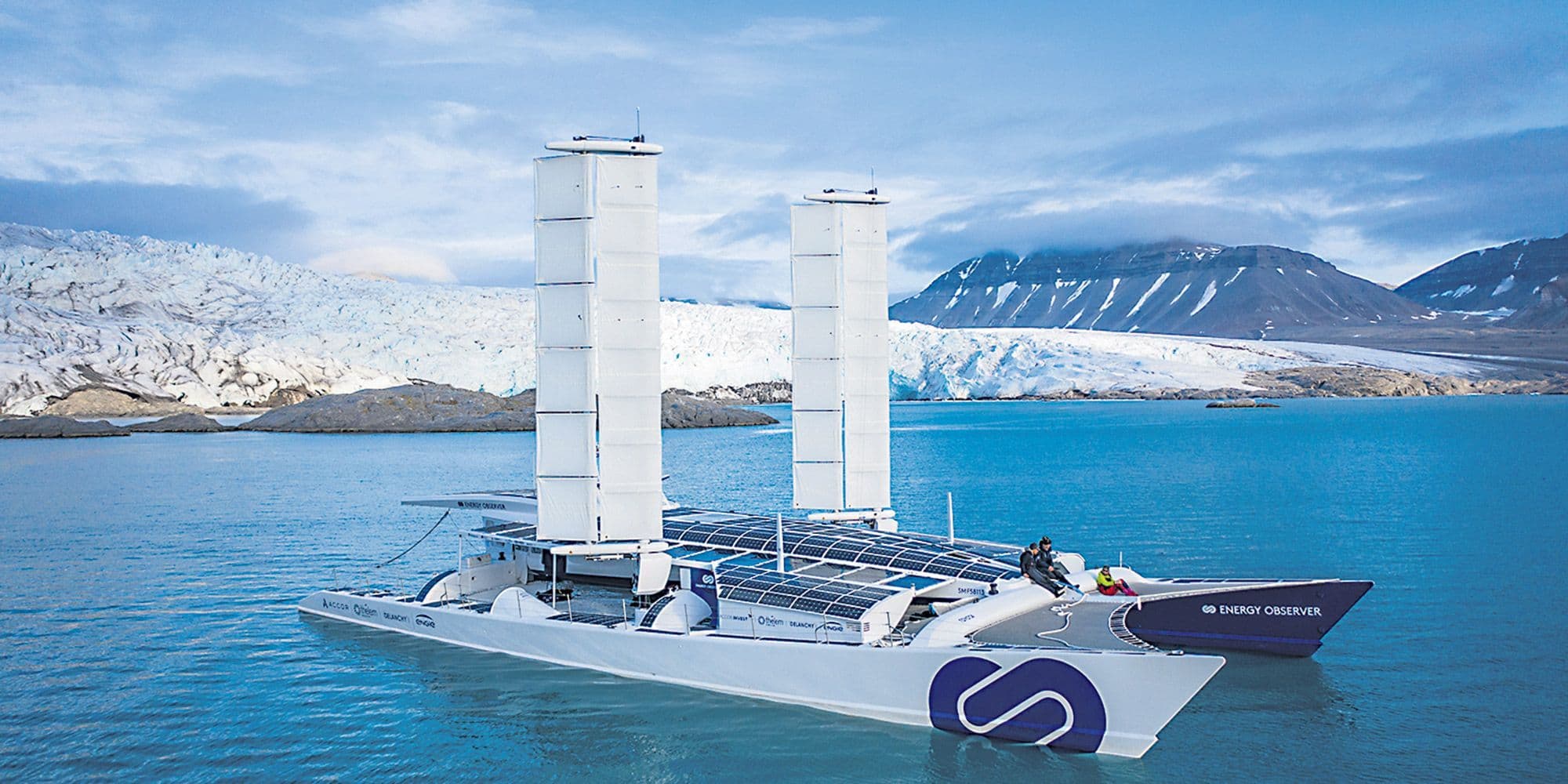
4. Hydrogen Fuel Cells: Zero Emission Powerhouse
Imagine powering a ship without spewing anything nasty – that's hydrogen fuel cells for you. These cells produce electricity with water as their only byproduct by combining hydrogen and oxygen.
Example: The Energy Observer is like a floating eco-warrior powered by hydrogen fuel cells, solar panels, and wind turbines – making it an all-around badass in renewable energy tech. It's not just a ship; it's a damn floating laboratory out there proving what's possible. Learn more about this trailblazer at the Energy Observer Project and get schooled by the Center of Strategic & International Studies.
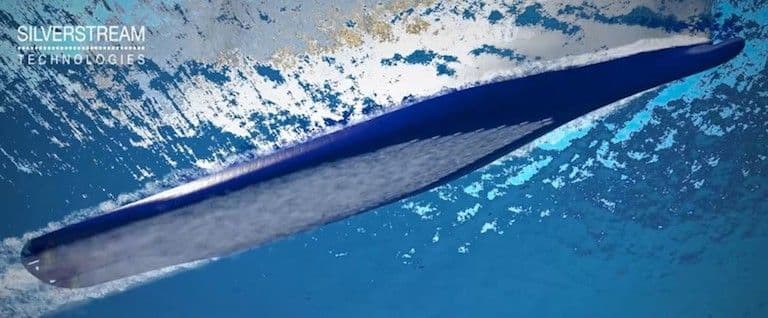
5. Air Lubrication Systems: Slip-Sliding Away
Ships using air lubrication systems sound fancy because they are! By creating microbubbles along the hull, these systems reduce friction between the ship and water, meaning less fuel is needed to do the same job.
Example: The Silverstream® System proves microbubbles aren't just for hot tubs; they save commercial vessels up to 10% on fuel! Everyone wants in on this magic – see why at Silverstream Technologies and get deeper insights from Marine Insight.

Conclusion: Sailing Boldly Into A Green Future
There you have it – rotor sails spinning forward, wing sails catching every breeze, sun-soaked panels slashing costs, hydrogen cells with nothing but water as waste, and air bubbles making ships glide like ice skaters. The maritime industry is stepping up big time in our fight against climate change.
Embrace these breakthroughs now if you give even half a damn about our oceans or want future generations to enjoy them too. We need bold moves for bold results.
Check out the links provided for deep dives into these technologies and join our newsletter (because who doesn't love geeking out?).
- Rotor Sails (Flettner Rotors)
- Wind-Assisted Propulsion (Wing Sails)
- Solar Power Integration
- Hydrogen Fuel Cells
- Air Lubrication Systems
- Combination of Multiple Technologies


